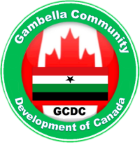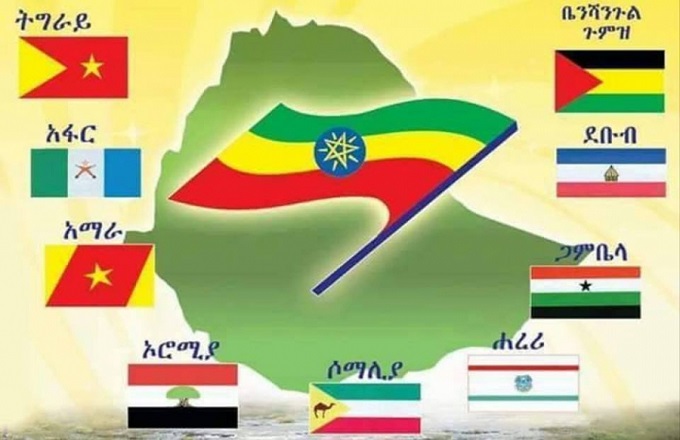May 17, 2018 (GCDC) - In multinational states such as Ethiopia, nationalism sentiments are most likely to increase. Thus, in this era of growing nationalism, the best way to handle and manage such nationalism sentiments in multinational societies is through promoting democratic nationalism, say scholars.
The biggest issue in today’s nation-building process is the issue of nationality. For example, in the Western world, it is treated based on the principle of individual citizens’ liberty, equality, and freedom.
In the developing world, such issues are treated based on common culture, language and geography, Meresa Tsehaye, Assistant Prof. of Political Science and Strategic Studies at Mekelle University recently told the Amharic Daily Addis Zemen.
In Ethiopia, which is the country of diverse cultures, languages, religions, and traditions, the promotion of democratic nationalism is the only option that suits the realities on the ground, he underlined.
Dr. Sisay Mengiste, Lecturer of Law at the Addis Ababa University said for his part that the first action was taken by the EPRDF (ruling party) once assuming power was creating a favorable environment for ensuring equality, self-rule, and self-determination for the nations, nationalities, and peoples of Ethiopia. “It has gone a long way in this regard.”
But the way that it has progressed so gone through has lost its proper way of how it should be, he says adding that constituent units seem to live out of the federal government.
It is also creating a situation where states consider themselves as independent and widen ‘ours vs theirs’ dichotomy, Dr. Sisay added.
This is an undemocratic and a wrong form of nationalism that erodes the attitude, confidence, coexistence and common orientations of the peoples of Ethiopia, according to Dr. Sisay.
He further said that such wrong nationalism widens divisions between peoples.
“In order to strengthen Ethiopiansm and unity, all the nationalities that constitute the Federal Republic must respect and recognize each other's identity,” both lecturers agree.
While it is naturally true that nationalism has to grow, it should grow in a democratic way, said Dr. Sisay adding that this creates a condition that nations and nationalities will be able to maintain the spirit of brotherhood and unity.
Meresa for his part said that the problem in today’s Ethiopia is not the existence of nationalism, but the process of managing it.
To bring about a common understanding of the cultures, history, and togetherness, nationalism should also go in line with the economic development, Meresa added.
Furthermore, Meresa said the present national identity has been eroded at the expense of respective nations and nationalities and it cannot be managed at the central level. However, nationalism should be managed in a democratic way.
Ethiopia needs to promote shared identity through fostering economic integration and shared capital among all states. This also allows citizens to get legal and political protection for their identities, ensure development and social justice, thereby creating an opportunity for Ethiopians to appreciate unity in diversity, Meresa noted.
Ethiopia took its current shape during the time of Emperor Menelik (1889–1913), and afterward it was followed by the effort to create one Ethiopian nation through one religion, culture, identity and language which continued until the 1960s students’ movements and reversed at the end, Meresa said.
This has then resulted in the creation of a multinational federal system that guaranteed equality of the nations, nationalities, and peoples of Ethiopia, according to Meresa.
Thus, considering the country’s reality on the ground (multinationalism and diversity) and the evolution of the Ethiopian state (the political progress it has passed through), democratic nationalism seems to be the only viable solution to the developmental and identity question of the peoples of the country. Source: (EPA)




